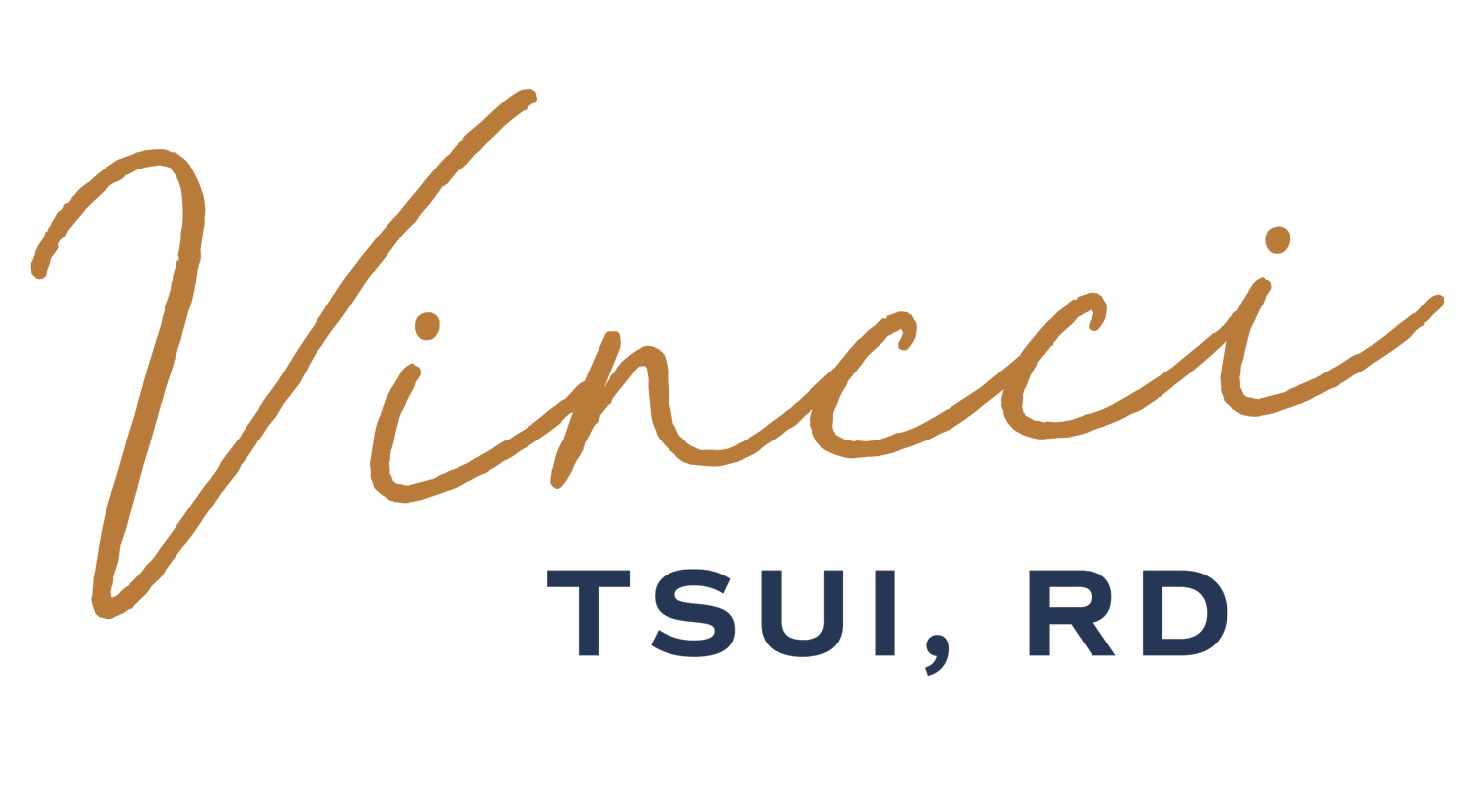Breaking Up is Hard to Do
“The irony is that we attempt to disown our difficult stories to appear more whole or more acceptable, but our wholeness – even our wholeheartedness – actually depends on the integration of all our experiences, including the falls.”
As of last Friday, I no longer work at a bariatric clinic.
Many of you are cheering, and I am so grateful for your support as I’ve been feeling my way toward my truth over the past year and a half.
Some of you are left wondering why I left a steady source of income after five years. (Don’t worry, I moved laterally to another position.)
Some of you might feel betrayed – how could I claim to be a Health At Every Size® dietitian if I worked at a weight loss surgery clinic? I hear your pain and I apologize. I promise to do better, and I also understand if you feel that it is too little, too late.
The Story Up to This Point (Abridged)
I’d been working at the bariatric clinic for about four years when I first discovered body positivity. It wasn’t long before I saw the ways that the surgeries were described by many in the body positive community: “stomach amputation”, “bariatric butchery”, “barbaric”, “mutilation”. Because of this, I hesitated to call myself a HAES dietitian, or join ASDAH, the de facto HAES organization.
As I dove deeper into the body positive movement, I knew that I wanted to adopt a non-diet, weight-inclusive approach in my practice. My work at the clinic reinforced the fact that weight loss is often fleeting and doesn’t bring health and happiness. It also exposed me to the trauma that led my patients to the clinic… and the trauma that my coworkers and I were inflicting.
I tried to practice from a weight-neutral place as much as possible – I viewed my role as helping people meet their nutritional needs, not promoting or maximizing weight loss. Instead of “portion control”, I taught people how to tune in to their hunger and fullness cues. Instead of “no cookies in the house”, I talked about how physical and mental restriction promoted binge eating.
Outside the clinic, I already didn’t talk much about my work because of conflict of interest rules from my employer, but I doubled down on this “secret”. On the rare occasion that I shared my conflict, I am grateful that I was met with support, and told that my perspective was needed and welcome.
Still, the cognitive dissonance and vicarious trauma got harder to bear. It would make sense that leaving would be easy, wouldn’t it?
Feeling it All
When I got the call that I’d got my new job, I couldn’t believe it was real. I’d just been rejected for another position weeks before – where I work is unionized, so hiring is seniority-based. I thought for sure someone with more seniority than me applied for this position too. When my new manager told me that she had good news, it was exciting, but it wasn’t the feeling of pure elation that I’d expected.
The bariatric clinic was where I learned to normalize fat bodies. I saw resilience, commitment and beauty in my patients every day.
It was where I honed my counselling skills. I experimented with motivational interviewing, learned to hold space, and learned to sit with discomfort.
It was where I saw changes in my patients, beyond the scale. More importantly, it was where I saw my patients change.
It was where I had the support of a close-knit team, whom I consider friends.
I sometimes wonder whether I would’ve embraced the non-diet approach in the way that I did if it weren’t for my experiences, positive and negative, at that clinic.
Of course, I am glad to no longer work at a place that is now so incompatible with my nutrition philosophy, and I’m relieved to no longer be contributing to the oppression of fat/larger bodies (at least not in that way).
It was the right thing, but surprisingly, not the easy thing.
“I did then what I knew how to do. Now that I know better, I do better.”
